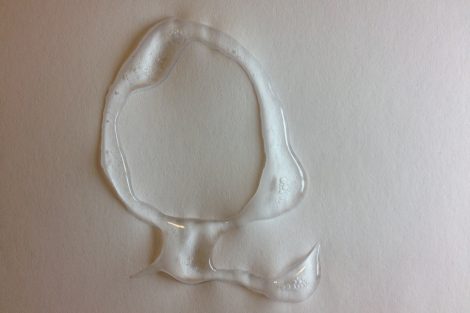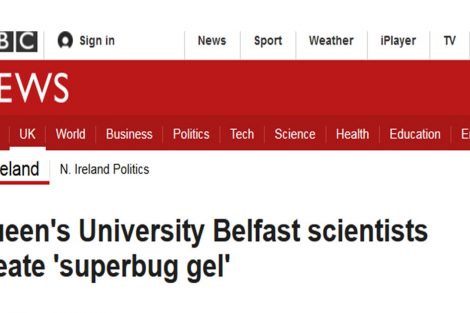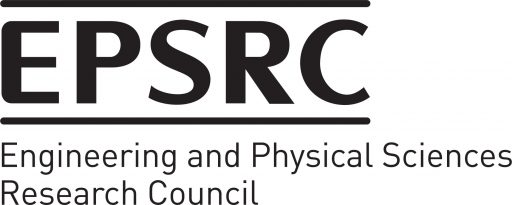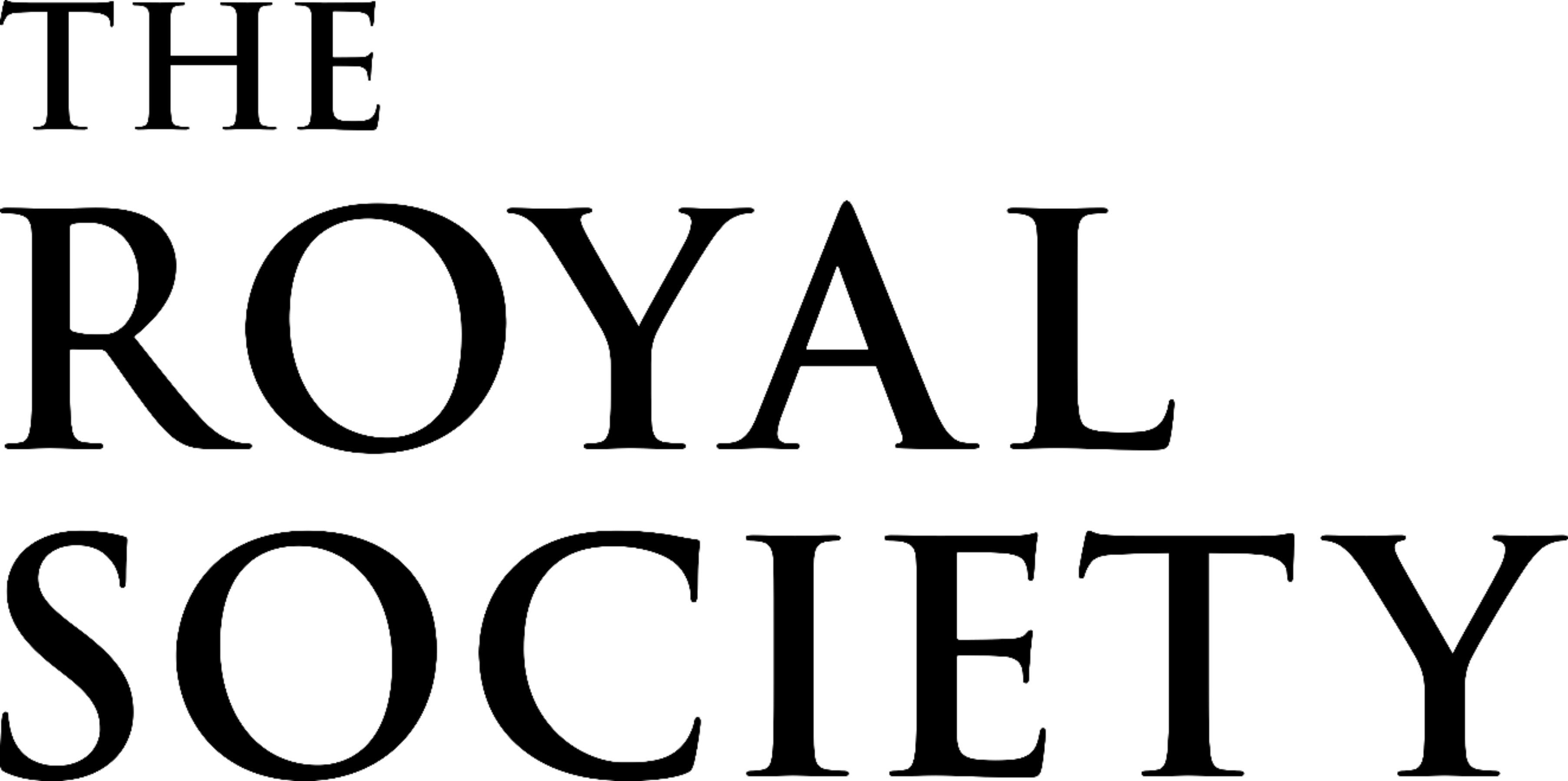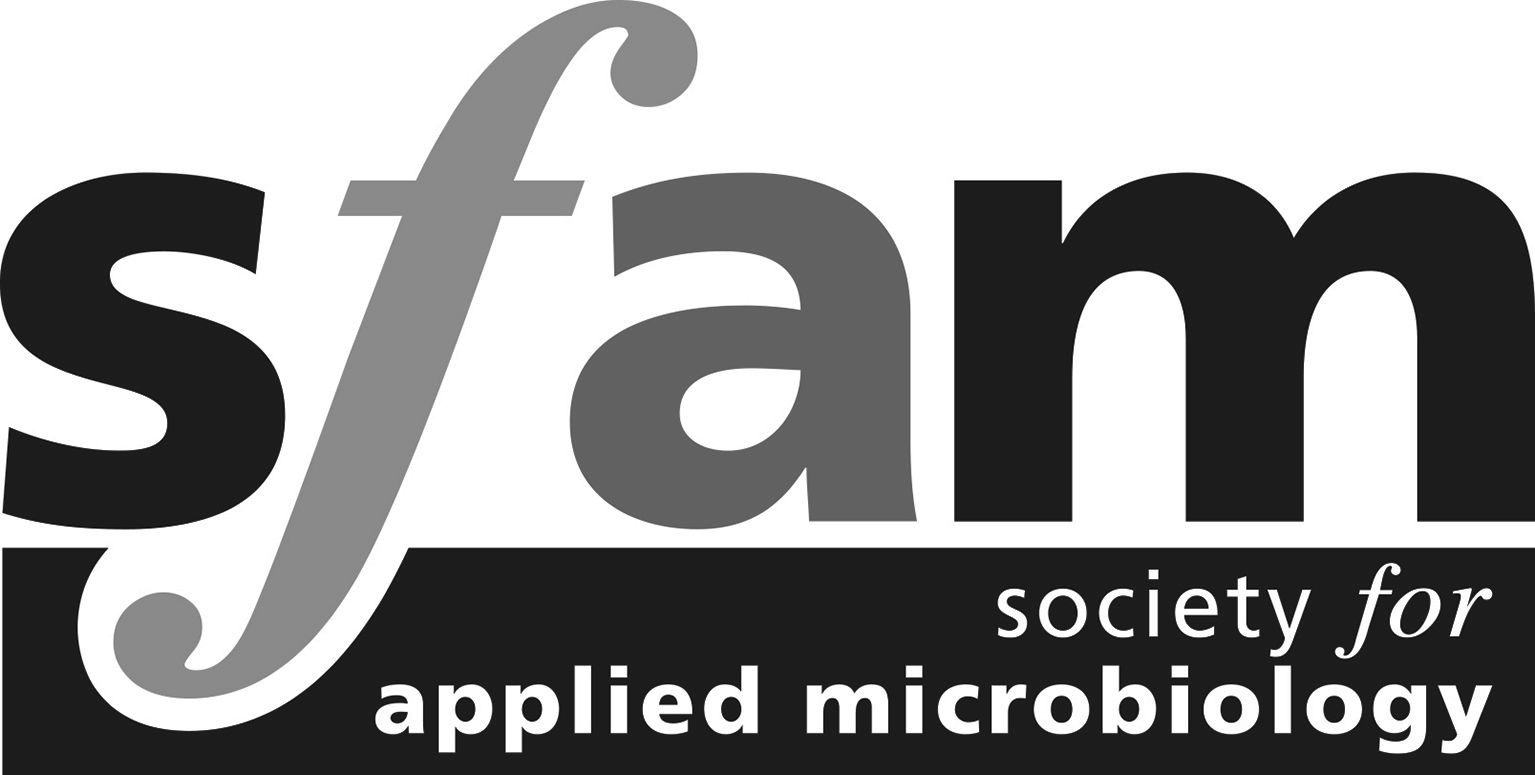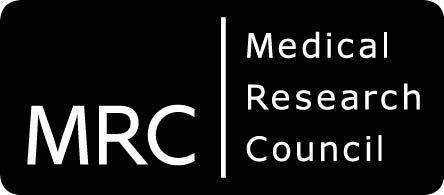
ANTIMICROBIALS, BIOFILMS AND RESISTANCE
Our research group maintain an interest in the development of antimicrobial peptides, particularly low molecular weight varieties (ultrashort) those that target surface attached biofilm forms of infection.
Garry was originally successful in producing a series of very short peptide sequences (e.g. lipopeptides) whilst undertaking his PhD with Prof Brendan Gilmore’s group. The advantages of these are that they are easier to synthesise and more cost effective compared with larger peptide and proteins used throughout biomedical research. They are more attractive to the pharmaceutical industry; as it is cheaper to scale-up their manufacture and therefore they are more likely to be clinically translated for the benefit of patients.
Garry’s thesis focuses on the treatment and prevention of infectious diseases, particularly medical device related infections, arising from microbial biofilm formation. He was able to synthesise a group of novel cationic lipopeptide-related compounds with µg/mL activity against a broad range of pathogenic microorganisms including Staphylococcus epidermidis, methicillin resistant Staphylococcus aureus, Escherichia coli, Pseudomonas aeruginosa and Candida tropicalis. Further to solid phase synthesis, characterisation, microbiological and toxicological evaluation he was able to produce an anti-adherent hydrogel incorporating the compound. This polymer has the potential to be utilised as a coating for catheters and other medical devices. His work in ultrashort antimicrobial peptides evolved into the study of peptide nanomaterials.
We have discovered that the properties that dictate a peptide’s ability to self-assemble are very similar to the principles that govern the activity of antimicrobial peptides. Therefore we are also able to control not only the process of self-assembly in response to stimuli but also pharmacological properties such as antimicrobial activity. In this way we are designing and creating biofunctional nanomaterials.
Garry conducted at Professor Bing Xu’s group, School of Chemistry, Brandeis University, Waltham in 2013. Prof Xu is an internationally renowned leader in the field of nanomaterial science. During this placement I successfully synthesised and characterised a series of ultrashort antimicrobial self-assembled peptide/peptidomimetic hydrogels based on the 2-naphthanoyl-phenylalanine-phenylalanine (NapFF) hydrogelator structure uncovered by Prof Xu’s group. This peptide structure has been proven to be highly cytocompatible, with the introduction of charged amino acid moieties increasing antimicrobial activity. We obtained results that display their antibiofilm activity against clinically relevant microorganisms. We have moved forward with this work to provide several additional peptide nanomaterials with anti-biofilm properties including our peptide nanotubes.


